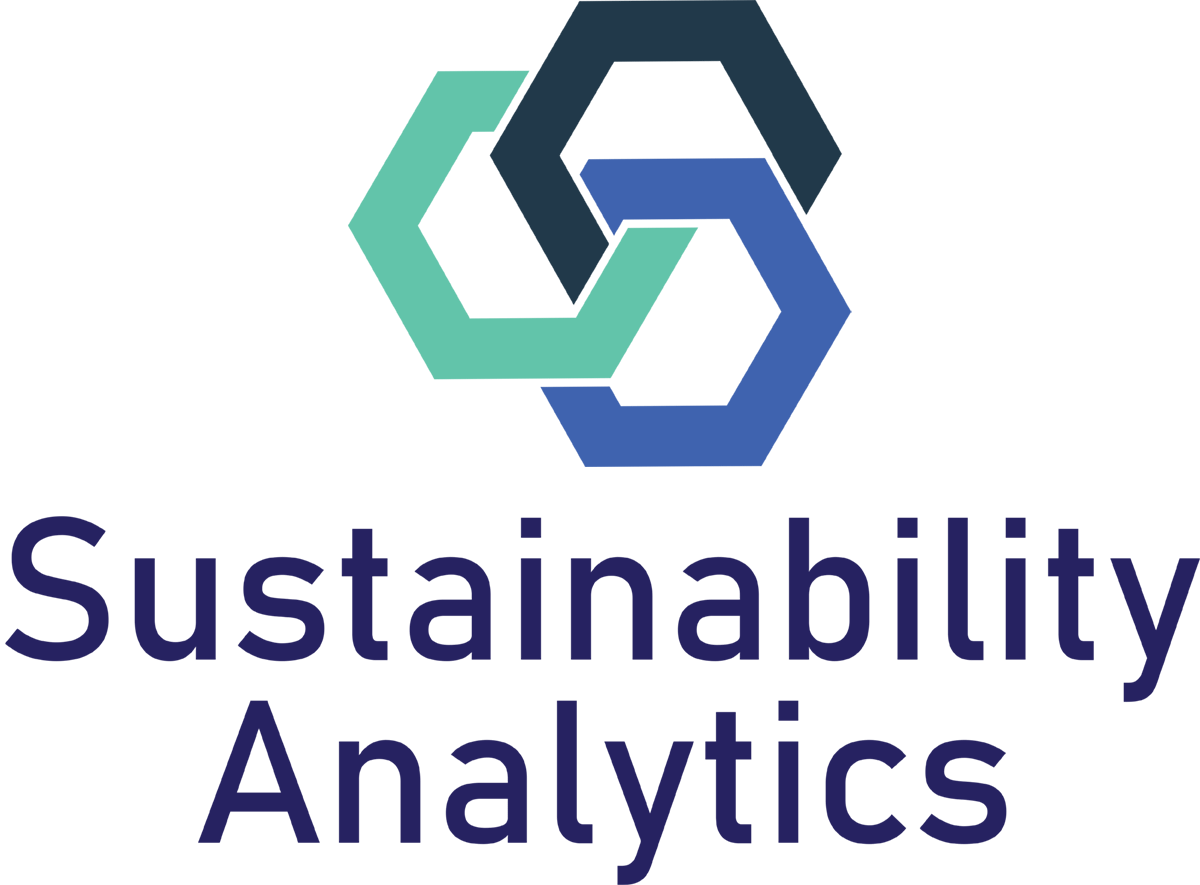DatSam
Data-driven co-creation. Methods and tools for sustainable innovation and societal development
Contact
Dina Margrethe Aspen
Associate Professor
Department of International Business
Norwegian University of Science and Technology (NTNU)
Image: Shutterstock
Objective
In alignment with the United Nations’ 2030 agenda for sustainable development, local governments work to integrate the Sustainable Development Goals (SDGs) into their plans, policies, and programs. This process necessitates broad stakeholder engagement and collaboration to identify key priorities and foster innovative action. The project Data-driven co-creation – Methods and tools for sustainable innovation and societal development, DatSam in short, aims to empower communities with novel tools and expertise to drive local efforts towards the UN 2030 agenda.
Approach
The project centers on Bærum and Ålesund municipalities in Norway, where new concepts and tools are deployed to address selected challenges. Ålesund, situated on the Western Norwegian coast, is renowned for its striking landscape of mountains, fjords, and islands. The unique environment has fostered marine and maritime industries alongside a thriving tourism sector. Meanwhile, marine pollution from local and distant sources rapidly accumulates in the area due to ocean currents and seabed topography. Vulnerable coastal ecosystems and recreational spaces are consequently threatened. In DatSam, we are crafting and implementing a project toolkit encompassing technologies and workflows to support the municipality and collaboration partners in establishing pristine coastlines.
To this end, we utilize three key concepts, described below.

Innovation ecosystems
Innovation ecosystems encompass loosely connected networks of organizations that collaborate and compete to develop innovative solutions rooted in a common array of technologies, knowledge, and expertise. Members of these ecosystems are linked through shared objectives and interdependence on each other's capacities and resources to achieve these goals (Nambisan & Baron, 2013). In DatSam, we investigate how organizational networks and stakeholder ecosystems may be configured to bolster social innovation and problem-solving. Working alongside Ålesund municipality, the stakeholder ecosystem for marine litter management has been mapped and engaged in exploratory workshops to test new workflows and tools in addressing and mitigating marine pollution.

Co-creation
Co-creation entails the active participation of stakeholders during the initiation, design, and implementation phases of change processes (Voorberg, Bekkers & Tummers, 2015). Within DatSam, actors engage in co-creative workshops using a spectrum of tools and methodologies for problem structuring and resolution. Here, principles and methods from systems engineering, project management, rich pictures, and gigamapping have been integrated to encourage creative and collaborative approaches to address marine pollution.

Decision support tools
Decision support tools are information systems designed to enhance managerial decision-making. In DatSam, we are developing a marine litter management system to support stakeholder interaction, knowledge sharing, and decision-making. The management system consists of various tools to collect, process, analyze, and visualize marine pollution data.
You can access our tool prototypes and demos here.
Partners




Project details
Duration: 2021 – 2024
Funding: Research Council of Norway (RCN)
More information:
Ålesund municipality: www.unitedfuturelab.no/prosjekt/datsam/
Bærum municipality: www.baerum.kommune.no/datadrevet-samskaping/

